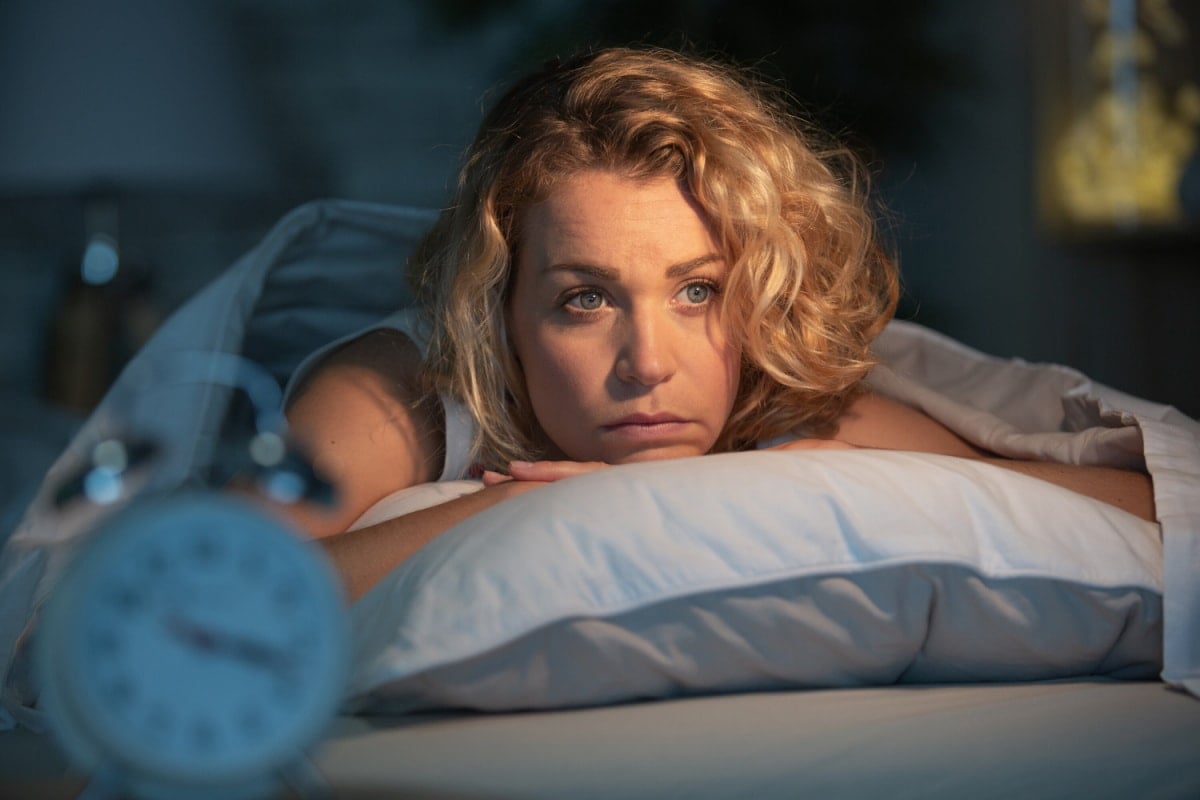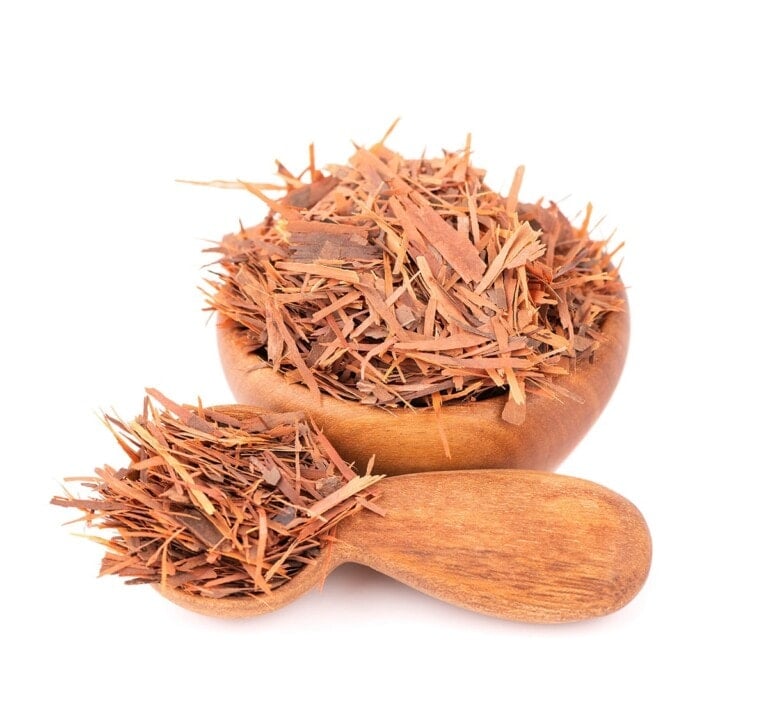How to Fall Asleep Faster?
Do you struggle with falling asleep at night? Do you find yourself tossing and turning for hours before finally drifting off to sleep? If so, you probably would like to know how to fall asleep faster.
Fortunately, there are several proven techniques you can try to help you drift off peacefully. From relaxation techniques to sleep-inducing foods, we’ve got you covered!
In this blog post, we’ll share 10 effective ways on how to fall asleep faster so that you can wake up feeling refreshed and ready for the day ahead.
See also 15 Easy Home Remedies for Sleep and Why Am I Not Sleeping Well?
Benefits of Good Sleep
1. Promotes heart health
When it comes to heart health, getting enough sleep is one of those things you can do to maintain a strong and healthy heart effortlessly.
During sleep, the heart rate slows down, and the muscles and blood vessels relax, causing your blood pressure to fall. This gives your heart a chance to rest and recover from the stressful activities of the day.
Research shows that people who don’t get enough sleep are at an increased risk of developing cardiovascular conditions.
According to Johns Hopkins Medicine, inadequate sleep also increases your risk of a heart attack regardless of age, weight, how much you exercise, or smoke.
2. Boosts the immune system
When you’re asleep, the body produces certain proteins known as cytokines, some of which help target infections and inflammation, thus triggering an immune response.
If you don’t get the needed rest, you’ll be unable to produce sufficient amounts of these proteins, making you less likely to fall asleep quickly.
3. Improve mood
There are a few reasons why sleep can have such a positive impact on your mood. First, when you sleep, your body can repair itself from the damage of the day.
This includes mending damaged cells, reducing inflammation, and balancing hormones. All of these things can lead to an improved mood.
Additionally, when you sleep, your brain is able to process information and consolidate memories. This means that when you wake up, you’re more likely to have a clear head and be able to think more clearly.
This can lead to better decision-making and reduced stress levels, both of which can also improve your mood.
4. Boost cognitive function
According to research, sleep can boost your learning and memory. On the other hand, a sleep-deprived person can not pay optimal attention, therefore, cannot learn efficiently.
In terms of memory, sleep has an important function in consolidating your memory which is essential when learning something new.
When you learn something new during the day, your brains store this information temporarily until you enter deep sleep, where it gets consolidated into long-term memories.
5. Enhances creativity
If you need some creative inspiration, good sleep is essential. Studies have shown that well-rested people are more creative than tired people. So, if you’re stuck on a project, make sure to get some rest.
6. Boosts fertility
When you are well-rested, your body is better able to produce the hormones needed for ovulation and fertilization. Good sleep also helps regulate your menstrual cycle, making it more regular and predictable.
Additionally, good sleep can help reduce stress levels, which can also impact fertility.
7. It may boost your lifespan
Getting enough sleep each day can help you live longer. This is mainly because enough sleep prevents most chronic conditions, including heart disease, type 2 diabetes, obesity, high blood pressure, and stroke, all of which can put your life at risk of an early demise.
In addition, your immune system is stronger and functioning properly when you get enough sleep regularly. This can help you fight off diseases and illnesses, thus staying healthy.
How to Fall Asleep Faster
1. Create a Relaxing Environment in Your Bedroom
The bed
The first necessity to help you fall asleep faster is a comfortable and inviting bed. To achieve this, ensure your sheets are clean and soft to the touch and that your pillows are comfortable enough (not too hard) to support your head and neck.
You may also want to invest in an eye mask or earplugs to block out any excess noise or light. Getting blackout curtains can also do a fantastic job.
You can also consider getting a white noise machine to help you draw out any disruptive noise from outside your bedroom door.
Temperature
If the temperature in your room is too cold or too hot, you’ll find it difficult to fall asleep faster. A good ambient temperature for better sleep should be anything around 60-67 degrees Fahrenheit.
So, find a way to increase the temperature in your room or cool it down for a faster and more comfortable sleep.
2. Take Time to Wind Down Before Bedtime
Another easy way to fall asleep quickly is to find activities that can help your wind down from the pressure and stresses of the day.
This may include:
- Reading a book or listening to calming music: This can help your mind and body relax, so you’re more likely to fall asleep quickly.
- Avoid watching television or working on the computer: The light from screens can keep your mind active and make it harder to fall asleep.
- Taking a hot bath or shower: The heat from the water can help your muscles relax, making it easier to fall asleep.
- Practice some relaxation techniques: Some relaxation techniques can help you calm your mind and body, such as deep breathing or progressive muscle relaxation.
- Write in a journal: Writing in a journal before bed can help clear your mind and allow you to focus on sleep.
3. Avoid Naps
Most people think that napping during the day is a good way to catch up on sleep. However, naps can actually make it harder to fall asleep at night.
When you nap during the day, your body isn’t able to fully relax, and you may not reach the deep stages of sleep that are crucial for restoring energy levels.
Additionally, sleeping during the day throws off your natural sleep rhythm, making it difficult to sleep within a short time at night.
If you need extra rest during the day, consider taking a brief walk or reading for 20 minutes instead of napping.
But if you absolutely need to nap, try to do it early in the day and for 20 minutes at most.
4. Try Natural Sleep Aids
Natural sleep aids like teas and essential oils can also help you sleep faster. Some of the most effective ones to try include:
Chamomile tea: Chamomile tea has long been used as a natural remedy for insomnia. The herb contains compounds that have a calming and sedative effect on the body, making it easier to fall asleep.
Valerian root: Valerian is another herb that has been used for centuries to treat insomnia. It works by increasing levels of gamma-aminobutyric acid (GABA) in the brain, which helps to promote relaxation and reduce anxiety.
Lavender oil: Lavender oil is well known for its relaxation-promoting properties. A few drops of lavender oil on your pillow or bathtub can help you drift off to sleep more easily.
Magnolia bark: Magnolia bark is commonly used in traditional Chinese medicine to relieve stress and promote sleep. The active compound in magnolia bark, honokiol, has been shown to increase levels of GABA in the brain and reduce anxiety.
5. Reduce Stress Levels
Stress is a major contributor to sleeplessness and sleep disorders. When you’re stressed, your body produces cortisol, a hormone that interferes with sleep. To fall asleep faster and get a better night’s rest, you need to find ways to reduce your stress levels.
There are many different ways to do this. Some people find that exercise helps them relax and de-stress. Others find that relaxation techniques such as meditation are helpful.
If you’re having trouble falling asleep due to stress, you can also try taking a hot bath or reading a book before bed.
If you’re still struggling with stress, talk to your doctor about ways to manage it. There are many effective treatments for stress-related sleeplessness, so don’t hesitate to seek help if you’re having difficulty getting the rest you need.
6. Establishing a Routine
If you find it difficult to fall asleep, it may be time to establish a bedtime routine. Following a few simple steps before heading to bed can train your body to fall asleep more quickly and easily.
Start by going to go to bed and waking up at the same time each day, even on weekends. This will help regulate your body’s natural sleep rhythm.
Then, create a relaxing pre-bed routine for yourself that includes winding down for 30 minutes before turning off the lights.
During this time, avoid screens (including your phone, TV, and laptop), as the blue light they emit can interfere with sleep. Instead, try reading or listening to calming music.
Also, ensure your sleeping environment is dark, quiet, and cool – all of which will promote better sleep. If you find yourself still having trouble falling asleep after following these tips, speak with your doctor about other possible solutions
7. Exercise during the day
There are many benefits to exercising during the day, including increased energy levels and improved sleep at night.
However, finding the time to fit in a workout during a busy day can be tough. Here are a few tips to help you make exercise a part of your daily routine:
Schedule your workouts in advance. If you know you have limited time for exercise, plan your workouts ahead of time and stick to your schedule.
Get up and move around as much as possible. Even if you can’t dedicate 30 minutes or an hour to working out, take every opportunity to move your body throughout the day.
Go for a walk during your lunch break, take the stairs instead of the elevator, and park further away from your destination when running errands.
Make it fun! Choose an activity that you enjoy so that working out doesn’t feel like a chore. Whether it’s playing tennis with friends or going for a swim at the local pool, find an activity that will get you moving and have fun doing it.
8. Avoid Caffeine and Alcohol in the Evening
Caffeine and alcohol are both stimulants, which can make it harder to fall asleep. Caffeine can stay in your system for up to 6 hours, so drinking it in the evening may keep you awake.
Alcohol, on the other hand, may make you feel sleepy at first, but it can disrupt your sleep later in the night. Therefore, it’s best to avoid caffeine and alcohol in the evening if you’re trying to fall asleep faster.
9. Get Up If You Can’t Sleep
If you can’t sleep, try getting up and doing something else for a while. This may seem counterintuitive, but if you can’t fall asleep after 20 minutes or so, getting out of bed can help.
Walking around, reading a book, or working on a puzzle can make it easier to fall asleep. Just be sure not to do anything too stimulating, like watching TV or working on your computer.
10. Avoid Large Meals Before Bed
It’s no secret that what you eat can affect how well you sleep. Eating a big, heavy meal right before bedtime can make it harder to fall asleep and stay asleep through the night.
That’s because your body is working hard to digest all that food, which can make you feel uncomfortable and restless.
If you’re looking to get a good night’s sleep, it’s best to avoid eating a big meal in the few hours before bedtime.
Instead, try eating a light snack or dinner earlier in the evening so your body has time to digest before you hit the pillow.
Related Articles:
Final Thoughts
With everyday life struggles, one can find it difficult to fall asleep as soon as they get in bed. But it doesn’t have to be that hard. With the right strategies, you can easily fall asleep without too much headache.
Things like avoiding caffeine, especially in the evenings, setting aside some time for exercise during the day, avoiding heavy meals close to bedtime, and developing a nighttime routine can all help you fall asleep faster and wake up feeling refreshed.
If you enjoyed this post about How to Fall Asleep Faster and would love to see more, join me on Youtube, Instagram, Facebook & Twitter!
Get discounted copies of my cookbook here.
Fortunately, because of the Ads on our website, readers and subscribers of Healthier Steps are sponsoring many underprivileged families.









